Talia Lueck from BuzzBoard interviewed Jabu Dayton, Chief People Officer and HR consultant, about how businesses are navigating and adapting during the pandemic.
Q: As the Chief People Officer and HR consultant for start-ups that are moving at a rocketship pace and where rapid changes are a constant, how has the shelter-in-place impacted your business and your clients?
One of the many things I adore about my work is the constant change and, dare I say it, the outright chaos that sometimes ensues in startup HR and People Operations. I love testing my own skills and trying to stay agile and adaptable despite 20+ years of experience that can sometimes have me thinking I have all the answers! Before I start, I must point out the obvious, I am lucky enough to work in technology, a space that will continue to expand in many markets despite the downturn we are experiencing. I do realize that is not the case for everyone and want to be compassionate about that.
Q: Where is the new business coming from during this time of crisis? Do you see early-stage companies (e.g. seed-funded) reaching out earlier than usual to invest in HR leadership?
For the last few years, I have increasingly had clients hiring me to advise or consult at anywhere from 10 employees to 100. CEOs are much savvier about bringing on HR assistance like mine in a way that is preventative rather than reactive. In the past in Silicon Valley, it was common for HR to be hired at 70 to 200, when often employee issues and toxic culture had spiraled out of control and it was difficult to right the ship. Now, I am brought in early to collaborate at all stages of a company’s growth, a much more productive entry point that allows employees to be supported and heard.
In answer to your question, new business isn’t coming from anywhere different due to the pandemic—it’s coming from all the usual places, just at a much higher volume. Employees are valuable and retention has been really key during the pandemic. Many CEOs are looking at a pivot, and they’re evaluating if this time can be used to make changes that could be for the better in the long-run. These CEOs are booking me for strategy and planning sessions. Those who have to make tough changes are reaching out for leadership about how to best support their staff as the company makes the needed adjustments.
Q: How (if at all) will the changes and learnings that have occurred during the pandemic impact your business in the long-run? For instance, are you offering new services, or do you see an increase in demand for certain services that will be given more priority moving forward?
I have seen a tremendous increase in business and may expand my company to include contractors to assist with a growing list of interested companies. As I do a wide spectrum of People Operations and HR, my scope of work is robust enough to have something for everyone at any stage of their company’s growth. In my work, I strive to be a partner to the CEO and her executive team, supporting the development of a company strategy and culture that is envied and sought after. I have not offered new services at this time, having little time to do anything other than respond to demand but am keeping a close eye on the marketplace to see what trends present and how I can take advantage of them.
There is such an emotional benefit to being a consultant at this time since I am not dependent on any one company as one is as an employee. As a consultant, I have forced myself to become comfortable with ambiguity and fear that comes from not always knowing where my next client may come from. This has kept me awake and hungry—and actively seeking connection with leaders that might want to work with me. Little did I know I was road testing a strategy to survive in a downturn market.
Q: As a business owner with clients all over the country, we’re curious what technology tools you use to stay productive. Also, any new tech out there that you have your eye on to try out next?
The most useful tool in my arsenal to stay productive is partnering with woman-founded Centricity Solutions for my clients. Centricity offers benefits, payroll, and HR admin support. This lets me focus on the most important part of my job: being present with people. (Not paperwork.) Another tool many of my clients have been onboarding is “Talkspace,” an inexpensive way for employers to offer a resource for their employees’ mental health. I’m also impressed with woman-founded “tEQuitable,” which is an affordable platform to address issues of bias, discrimination, training, and harassment in the workplace. tEQuitable is independent and confidential, so employees maintain anonymity to the employer.
Q: If you’ve applied for any of the small business government loan programs, like PPP: what was the experience like, and did it meet your expectations or needs?
I have not applied for any. I am not truly in need and want people who are to take advantage of those programs. I have heard from friends that the process is arduous and seems still geared to support companies that make millions a year rather than a true small business owner.
This article first appeared on BuzzBoard.

